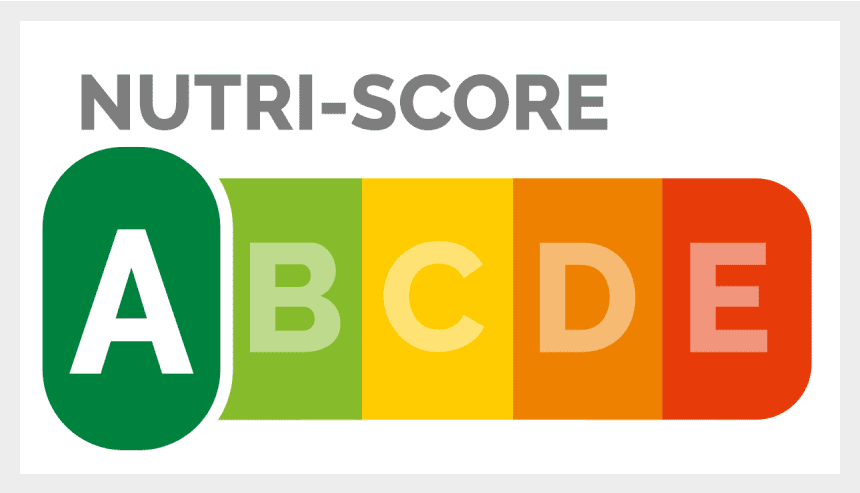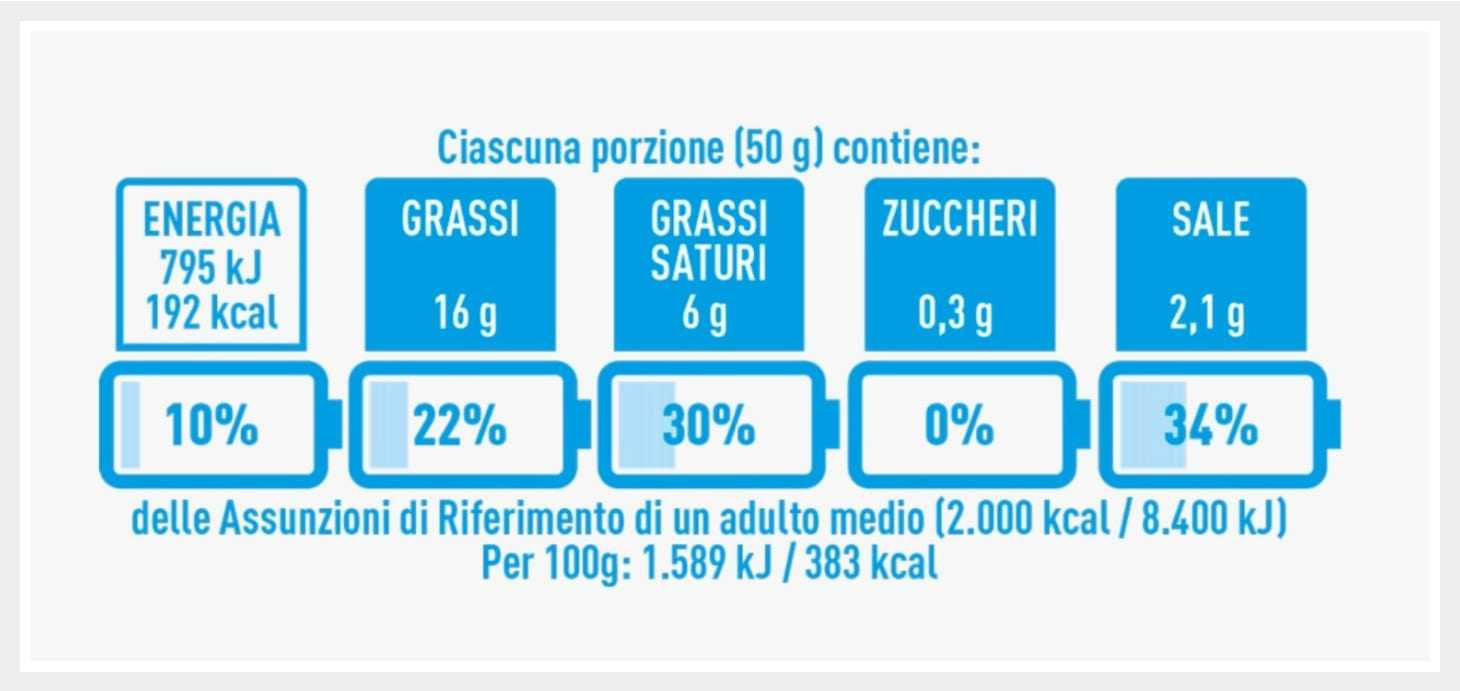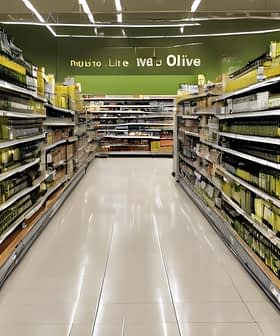Nutri-Score has gained a key ally on its path to become the European Union’s food labeling system of choice with Germany formally introducing the nutritional grading system in its internal market.
The French-born front-of-pack label (FOPL), which had already been adopted by several companies in Germany, will now be available on a voluntary basis to all food packaging companies.
Food Minister Julia Klöckner called the adoption of Nutri-Score“one of the major nutritional policy projects” in Germany by offering consumers an easy-to-understand way to compare food products on the shelves.
In a press release, the minister emphasized how the government hopes Nutri-Score will appear on a wide range of products since it represents an answer to years of discussions about how to regulate the amounts of sugar, salt and fat found in food.
See Also:Italian Researchers Say Nutri-Score Treats Shoppers Like Children“Now, business and trade have to go along with it,” she said, referring to the publication of the legislation in the Federal Law Gazette.
Nutri-Score is hardly a novelty for German consumers. According to the German newspaper Weser Kurier, as early as last spring the Hamburg Consumer Center had already found almost 1,000 products labeled with the French classification system on supermarket shelves.
While the five-colored food grading system can already be seen on food items ranging from vegetables to frozen pizza and dairy products to fish, it is now expected to become even more widespread.
Some of the largest retail chains, including Lidl and Aldi, have welcomed Nutri-Score and are starting to put their substantial weight and influence behind the system.
In a press release, officials from Lidl said: “Now that the legal basis has been founded, we will begin labeling all of our branded products.”
Aldi, too, has spoken of a quick introduction of Nutri-Score: “We are already in contact with our suppliers regarding the labeling of our products.”
Consumer organizations also greeted the new system with enthusiasm.
Klaus Müller, the executive director of the Federation of the Consumers Associations in Germany, said mandating Nutri-Score labels on all foods may lead to a competition among producers since “it is now worthwhile to manufacture better, healthier products.”

Nutri-Score
The German adoption of Nutri-Score was not met with unanimous consensus in Europe, however. Ivan Vacondio, head of the Italian industrial food companies federation, Federalimentare, referred to “disappointment of the Italian producers for a choice that appears hasty and not thoroughly appropriate for the German food traditions.”
Vacondio also noted how the German Nutri-Score adoption decree refers to the FOPL “according to the guidelines set by the copyright holder, which is an agency connected to the French Health Ministry.”
“This means that the attempt of modifying the algorithm to adapt it to the national guidelines is legally unfeasible,” he added, in reference to the ongoing talks in Germany about specific modifications to the newly adopted classification system. The German Food Ministry said talks are still ongoing.
Among the issues Italian producers and politicians take with Nutri-Score is its low rating of traditional foods, such as extra virgin olive oil, which is graded with a C. They argue that Nutri-Score takes these foods out of their dietary context and the FOPL classification system may drive some consumers away from making healthier choices as a result.
See Also:Nutri-Score Label More Effective Than NutrInform, Study FindsSlovakia has joined the list of countries that do not endorse the French FOPL, with the country’s ministry of agriculture opting instead to adopt the Nutrinform Battery, which is the rival food classification and labeling system developed in Italy and sponsored by the Italian government.
According to local news agency Aktuality, Slovakian Minister of Agriculture Jan Mikovsky, believes “that it would be appropriate to reach a harmonized nutrition front-of-pack labeling system at E.U. level capable of meeting the dietary needs of all E.U. citizens.”
A spokesperson for the minister added that “clarity, non-discrimination, objectivity and scientific bases are the attributes promoted by the Ministry of Agriculture. Nutri-Score does not seem to be the best tool for labeling, given the mentioned principles.”
According to the ministry, the best candidate FOPL is the Nutrinform Battery.

Nutrinform Battery
“The reason is that it evaluates the nutritional status of a food more accurately and reliably, as it takes into account specific nutrient values in relation to the portion, comparing them with the daily reference intake,” the spokesperson said.
Even after Berlin formally adopted Nutri-Score, the E.U.-wide debate on which FOPL to adopt and whether or not it should be mandatory is far from over.
The Council of the European Union, which is currently under a German presidency, will likely push member states to present their own suggestions on the matter by the end of the year.









